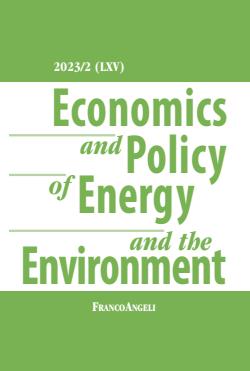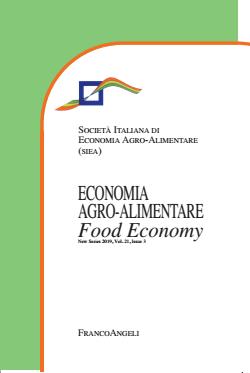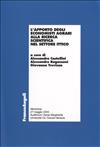
In this paper we report our efforts to develop an inter-temporal model for the evaluation of the impact of organic farming on greenhouse gases emissions, that we called BIOSUS-MAD. The model focuses on the maximization of farmer’s net income though different crops rotations constrained to the use of resource inputs; outputs of this optimization process are numerical values for key variables useful to estimate a set of social, economic and environmental indicators. These indicators will feed a multi-criteria model providing a synthetic and comparable sustainability overall index. This approach makes MAD a potentially useful tool for policy-makers to get an ex-ante assessment of the effects of agro-environmental policies. The model can manage different scenarios and could provide useful information to policy makers by running simulations incorporating European economic and/or environmental policies.




